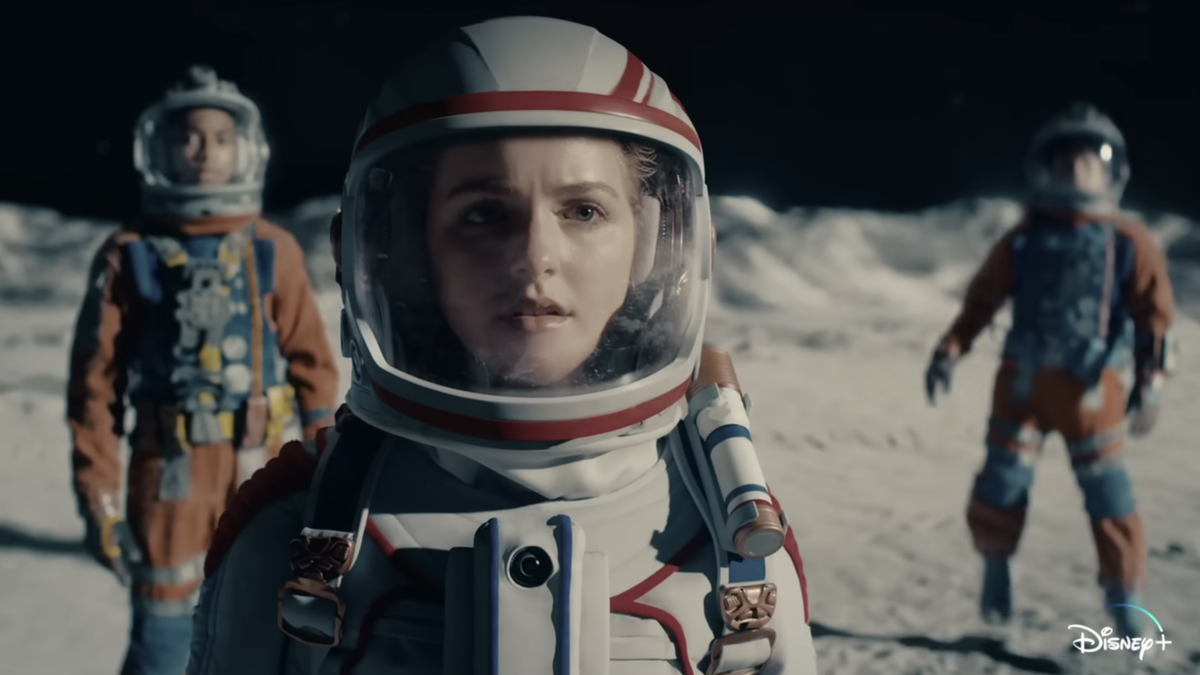Sometimes, economists just say shit.
Economist - "It's supposed to be determined by the company's value."
"And how do you determine that?"
Economist - Begins to sweat.
Edit : I dunno, with streaming, I think it's pretty obvious now that the 'golden age' was a product of a non equilibrium state of affairs where audiences were gaining access to a huge backlog of quality media that it was possible to license cheaply because it had already made back its money.
As we move deeper and deeper into the streaming era, and older shows and movies fall increasingly out of relevance, this becomes less and less true and the streaming services have to figure out how to produce stuff people will pay to watch on a much smaller overall budget.
Edit Edit : There's also the bizarre insistence, even with relatively secure services like Netflix to focus on only one of two extremes, reality trash, or ultra prestige, with almost the entirety of the 'mid range' episodic television supplied by licensed network/legacy tv shows.
It's very strange. Or maybe not so strange now that I think about it.
Growing up, my family were the proud owners of a 32 inch JVC television which we housed in a dedicated solid oak cabinet. This was the TV that I hosted Halo LAN Parties on (friends would bring projects that we'd set up in darkened rooms), with a crystal clear 4:3 aspect ratio STANDARD DEFINITION picture and the finest built in 2.0 STEREO SOUND!
It's laughable these days when you can get a TV that blows its performance out of the water almost for free (maybe literally for free, provided you don't mind letting Amazon monitor literally everything that happens in your home) but it did enforce a sort of armistice among TV studios.
You could only spend so much money. You could only make tv look so good.
Imagine spending Rings of Power money on visuals for a show that people are going to watch on televisions like the ones most people had in the late 90s. The only people who could hope to watch the show even remotely as it was intended would be those who shelled out for full home theater set ups, probably with a projector based television or one of those fancy Japanese TVs designed for HD laserdisk.
Modern displays have brought the theater experience into the home . . . But now you have to spend theater money to make the content, while users still want to pay tv prices, because that's what they were promised.


